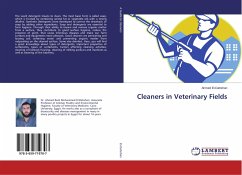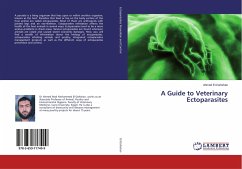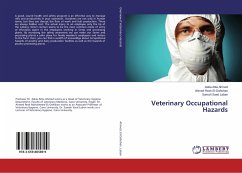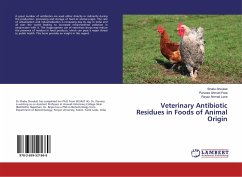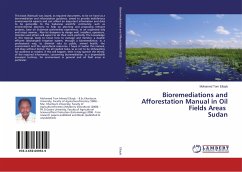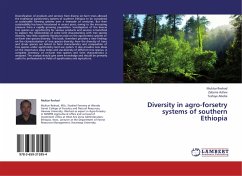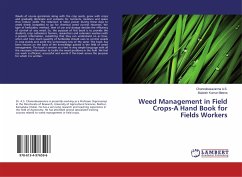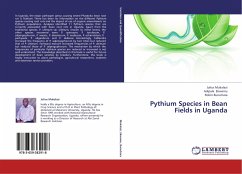The word detergent means to clean. The most basic form is called soap, which is formed by combining animal fat or vegetable oils with a strong alkaline. Synthetic detergents were developed to correct the drawback of soap by adding other ingredients. Soap and detergents are essential to farm hygiene. Through their ability to loosen and remove organic matter from a surface, they contribute to good surface hygiene, reduce the presence of germ, that cause infectious diseases and make our farm surfaces and equipments more pleasant. Good cleaners are pentrating and loosing soil, softening water and preventing organic matter from redpositing on the cleaned surface. Some also disinfect. Here, you will find a great knoweldge about types of detergents, important properties of surfactants, types of surfactants, factors affecting cleaning activities, cleaning of livestock housing, cleaning of milking parlours and machines as well as cleaning of the hatchery.

